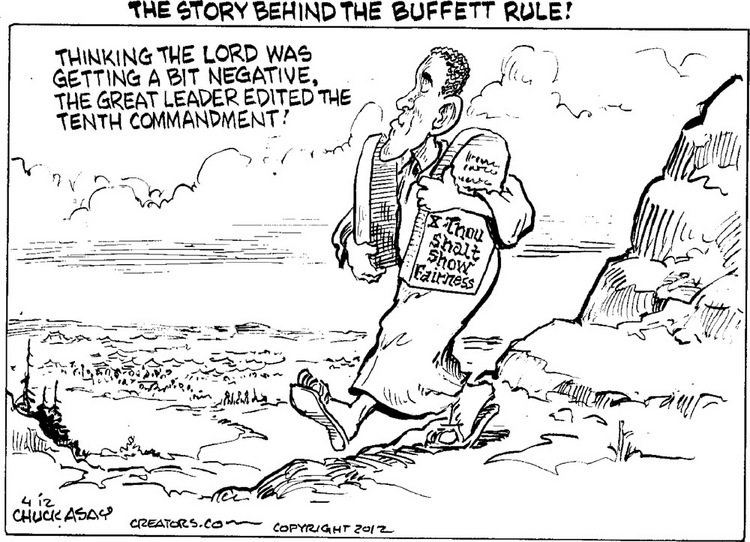Today’s NYTimes has an excellent article about a paper presented at a social psychology conference that brings to the fore something that many have said many times before. Social Scientist Sees Bias Within The argument is fairly simple, academics tend to fight vigorously against bias, racism, and discrimination…except where it concerns conservative social or political views.
Dr. Haidt argued that social psychologists are a “tribal-moral community” united by “sacred values” that hinder research and damage their credibility — and blind them to the hostile climate they’ve created for non-liberals.
The article goes on to point out two examples where scholars pointed to social difficulties or challenges (women in higher ed and single mother homes in African American communities) and then were labelled pariahs by the academic world because their analysis did not fit with the dogma of the day. Their positions have since been largely vindicated and, more importantly from the perspective of those concerned with making positive change in the world, valuable time was lost in terms of helping others because the warnings of these scholars were ignored.
The challenge for the academy is, of course, to provide a forum for all thoughts and ideas. Every doctrine and dogma ought to be open to challenge, even this assertion.
I hope you will read the whole article and discuss it on your blog, here in the comments, or simply with those around you.
Location:Oxford,United Kingdom




3 thoughts on “Is academia biased?”
I’m a libertarian or conservative, but not that conservative, and I find this to be true. In bastions of conservatism, I’m the liberal scapegoat. But, in ANY other setting, I am mocked for holding conservative ideals. I’ve had it happen several times.
It’s funny how academia has bred this sort of culture. I think it is most ripe in name-brand universities.
As long as they are proposing subscriptions to National Review, they might want to issue some dusty old copies of Buckley’s “God and Man at Yale”, from 1951.
The only thing surprising here is that it would be discussed openly.